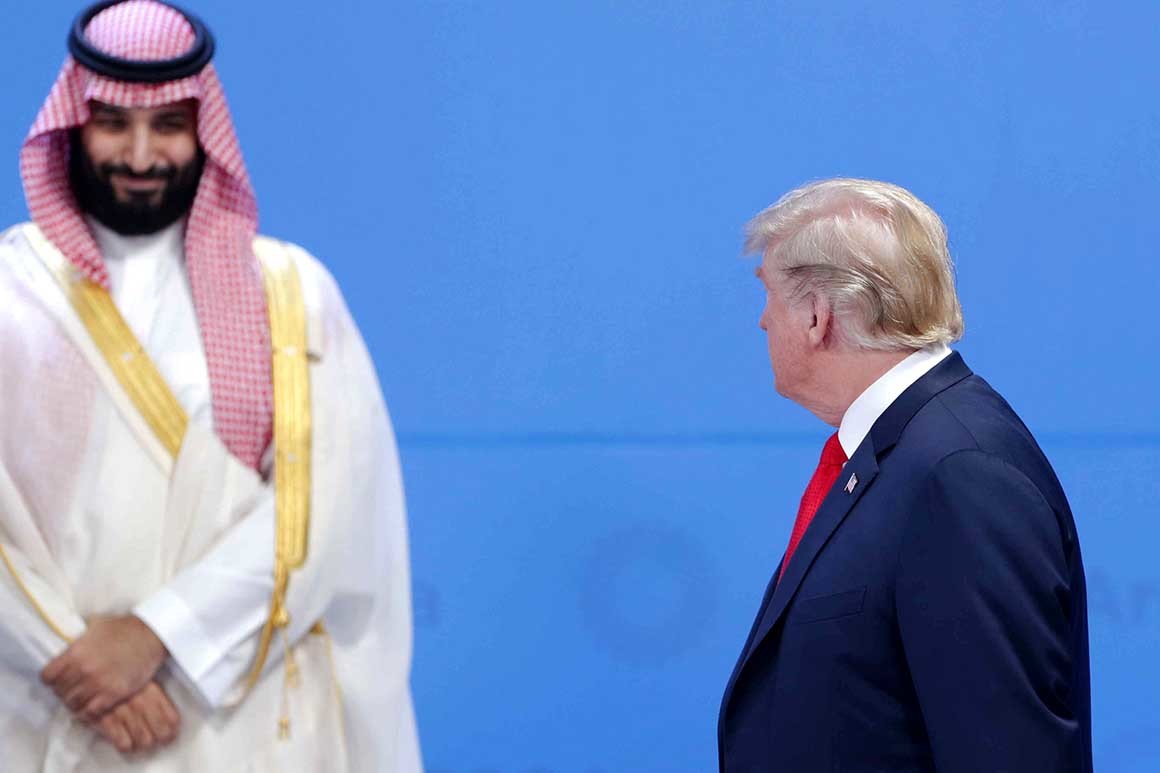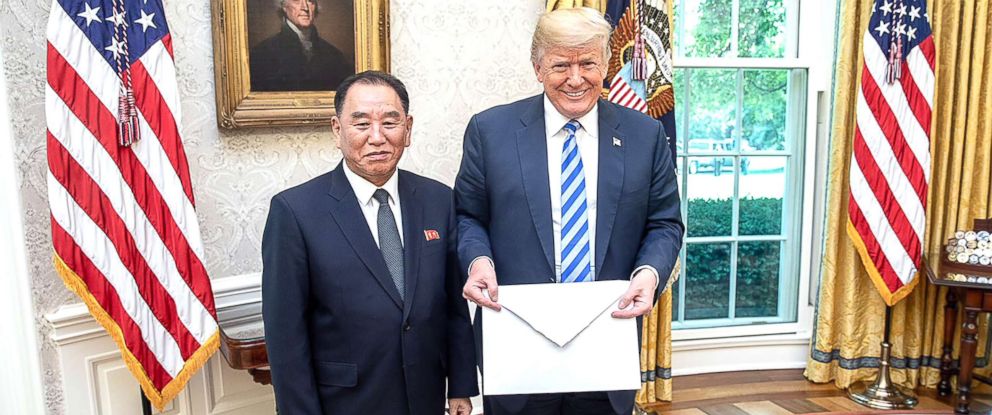Every December since the Affiliate Network was established in 2014, we seem to reflect on what a tumultuous year the world had. This year is no different. It seems so many things we took for granted since the fall of the Soviet Union are unravelling in some astonishing ways. Much of this can be attributed to the long-term effects of a rising China, climate change, or the Global War on Terror but there is a new and alarming contributor to the apparent dysfunction in the international system: American apathy toward the status quo.
Fluctuations
We began the year with a shutdown of the United States Government. Though it was the third such shutdown since the inauguration of Donald Trump, this was the most prolonged and severe in U.S. history. In Shutdown Security: Grinding the Axe, Lino Miani explains how the shutdown put tremendous strain on American relationships overseas and damaged U.S. security worldwide.
Latin America illustrates the wild fluctuations that happened this year. In January, Ligia Lee wrote convincingly that left-wing politics were on the decline in the hemisphere. In End of the Left: Latin America’s Right-Wing Swing, she describes a swing towards right-wing governments and voters’ frustration with leftist politicians. Just 11 months later, Christina Kirchner is back in Argentina, and conservative governments in Chile, Colombia, and Ecuador are under intense pressure that some may not survive.
American Apathy
Though U.S. apathy towards Latin America may arguably be the trigger for recent upheavals there, the Middle East, Europe, and Asia, feel the direct effects of American ambivalence. Nowhere did this hit harder than in Syria, where the surprise decision by President Trump to withdraw U.S. troops had a global impact on U.S. credibility. Many of our contributors wrote about conditions that, one way or another, can be seen as a growing recognition that governments everywhere desire to chart a more independent course than they previously thought necessary or possible.
Dr. Chris Golightly, a long-time energy industry consultant, wrote about Europe’s growing need to secure its natural gas supply from Russian domination. As he wrote in Mind the Gap: Geo-Strategy of Natural Gas, this will be much harder due to Russia’s growing influence in transit countries Syria, Turkey, and Ukraine. He also describes this influence in detail in his update to Green is the New Black: Making a Gas Cartel.
Dino Mora wrote an entire series of articles on the influence of Russia and its allies in Latin America. In his articles Around the Caribbean, and Measure Up Costa Rica, he tells the tale of Russian foreign policy backed up by Cuba, Venezuela, and Nicaragua using Soviet-style active measures to erode U.S. influence in the region. In Venezuela’s Bad Neighborhood, Dino describes just how critical these measures are to the vital interests of those nations.
Perhaps most striking is the case of Japan. President Trump’s ambiguous and thus far mostly fruitless diplomacy with North Korea has come at a cost for the security of South Korea. At the same time, U.S. trade pressure and antipathy toward its long-standing security responsibilities in the region has allowed latent hostilities to rise to the fore between America’s allies. As Lino Miani wrote in Islands of Conflict, Russia and China are likely exploiting this rift. In Isolating Japan, he argues the U.S. decision to quit Syria further impacts Japanese calculations about its security relationships with the U.S. and its allies. In American Basing in Asia: Taking the Cow by the Horns, Gary Sampson proposes a new footprint that accounts for these realities.
Electioneering
Though elections are always important events, the Affiliate Network covered several this year that were particularly noteworthy. In Battle for the Throne: Indonesia Votes, Dr. Viana Geary explains why the Islamic “Green Factor” encouraged by the nomination of an influential Islamic politician, served as kingmaker in Jokowi’s re-election. The resultant shift in Jokowi’s priorities reflects the needs of millennials and women that together made up the majority of voters this year. In El Salvador’s Combative New President, Lino Miani describes the hopes and challenges facing the charismatic Nayib Bukele as he makes it clear he has no interest in maintaining the status quo of El Salvador’s political past amid a worsening relationship with Washington.
At a time when the world is fixated on tales of Russian interference in the U.S. election and the possibility of a conspiracy to do so again in 2020, it is easy to view democracy itself as under threat. After months of protest, three million of Hong Kong’s four million voters took to the streets to select the leadership for the city’s 18 districts. In How the Pro-Democracy Election Victory Could Calm Hong Kong, we explain how the results left the pro-establishment government in control of just a single district. After the election, the world is waiting with bated breath to see whether this victory will moderate the protests. In Sandra Torres: Under the Electoral Weather, Lino Miani describes how corruption threatens Guatemala’s electoral system. Lastly, in Overcoming Democracy: Italy’s Online Experiment, Jared Wilhelm warns us about the dangers of direct elections over the web.
New Relationships
Apart from the expert analysis, however, these last four articles are noteworthy because they were all shared with or from our new partner, Stratfor. As the world’s leading geopolitical intelligence platform, Stratfor’s partnership with the Affiliate Network has brought our work to new and broader audiences and complemented our native content in ways that make the Affiliate Network an essential inclusion in the daily reading of decision-makers everywhere. We’re thrilled to be recognized as a partner of such a respected organization and consider it a testament to the quality of work from our contributors.
As we look back on 2019 and prepare for what will surely be yet another tumultuous year ahead, we are very grateful to our readers and contributors. This year, however, we feel especially fortunate to have partners to thank as well. With that, we wish you and yours a hugely successful 2020 and hope that the Affiliate Network will be part of it.
 The views expressed in this article are those of their respective authors and do not reflect the views of any government or private institution.
The views expressed in this article are those of their respective authors and do not reflect the views of any government or private institution.
Fred Hendricks is the editor of the Affiliate Network and a Surface Warfare Officer in the US Navy. He has eight years experience working in counter-piracy in the Gulf of Aden, counter-narcotics in the Caribbean, and with NATO and allied partners in the Mediterranean.




 The views expressed in this article are those of the author and do not reflect the views of any government or private institution.
The views expressed in this article are those of the author and do not reflect the views of any government or private institution.

 Lino Miani is a retired US Army Special Forces officer, author of The Sulu Arms Market, and CEO of
Lino Miani is a retired US Army Special Forces officer, author of The Sulu Arms Market, and CEO of